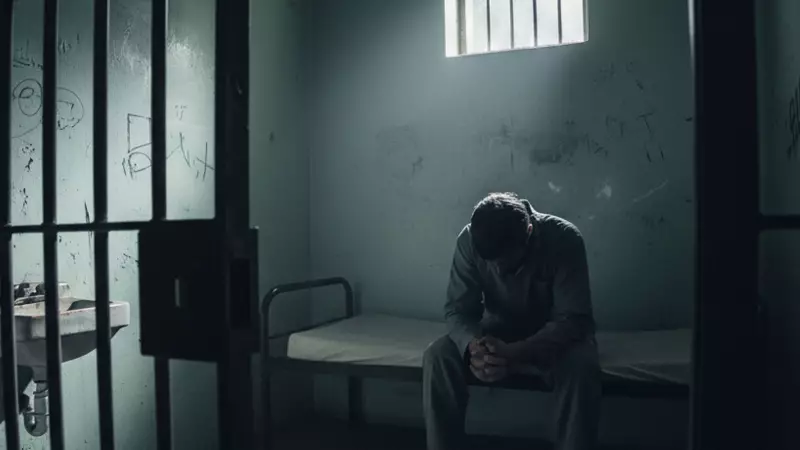
The Delhi High Court has delivered a significant ruling stating that an undertrial prisoner's desire to console his ailing parents does not qualify as a valid ground for granting emergent custody parole. This observation came while Justice Ravinder Dudeja dismissed a plea filed by an accused facing charges under the stringent Unlawful Activities (Prevention) Act (UAPA).
Court's Rationale for Denying Parole
Justice Ravinder Dudeja emphasized that while the petitioner's wish to comfort his sick parents is understandable, it cannot by itself constitute sufficient grounds for emergent parole under Rule 1203 of the Delhi Prison Rules, 2018. The court was hearing a challenge against a trial court order that had previously rejected the accused's plea for custody parole to visit his ailing family members.
Medical Condition of Family Members
The accused had presented detailed medical conditions of his family members to support his parole application. His 65-year-old mother suffers from Type 2 Diabetes, Hypertension, and has been diagnosed with Papillary Carcinoma of the Thyroid. His 70-year-old father is a diabetic and hypertension patient with a prior history of stroke. Additionally, his younger brother requires continuous medical treatment.
The defense counsel argued that the accused's right to visit and care for his family is protected under Article 21 of the Indian Constitution, which guarantees the right to life and personal liberty. However, the court noted that none of the medical documents indicated any emergent medical procedure or life-threatening situation that would necessitate immediate parole.
Constitutional Rights Versus Legal Restrictions
In its ruling, the court acknowledged that the right to family life under Article 21 must be respected even for undertrial prisoners. However, the bench clarified that this right is subject to lawful restrictions imposed in the interest of security, discipline, and the administration of justice.
The court observed that the accused had failed to establish any emergent or exceptional circumstances that would warrant the grant of custody parole. Consequently, the petition was dismissed, upholding the trial court's decision.
The accused remains in judicial custody while facing prosecution under Sections 120B/121A/122/153A of the Indian Penal Code and multiple sections of the Unlawful Activities (Prevention) Act, 1967, including Sections 13, 17, 18, 18A, 18B, 22C, 38, and 39.





